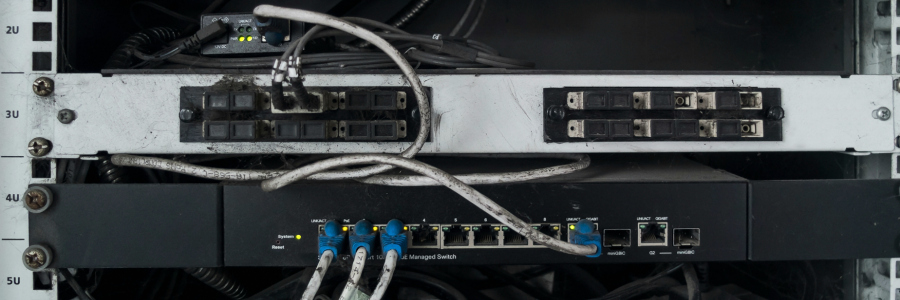Virtualization and cloud computing are both transforming the IT landscape, but they do so in distinct ways. If you’re unsure what each technology does, don’t fret. We'll delve into their similarities and differences, comparing their core functionalities, advantages, and best use cases.
Understanding virtualization and cloud computing
Why more businesses should virtualize
Difficulties when backing up a virtual server

Many small businesses have embraced data virtualization over the past few years. And as with any kind of business data, virtualized data needs to be protected from disaster, cybercrime, and human error and, therefore, needs backup. When backing up your virtualized data, there are some most common difficulties you need to prepare for.
Virtualization management: 3 Areas to look into
10 Important virtualization terms
4 Virtualization myths you shouldn’t believe
3 Concerns with implementing virtualization
Common virtualization problems and solutions
Virtualized business: Costs and benefits

Virtualization addresses many challenges that businesses face when upgrading their hardware and network. That’s because deploying virtualized systems offers an affordable and flexible solution to a typically arduous problem. But before you invest in a virtualized infrastructure, consider the following costs and benefits.
Is it time to replace your servers?

Servers need to be replaced and/or upgraded at some point. The older the servers are, the harder they become to maintain because finding replacement parts become more time-consuming and costly. What's more, you could be missing out on new features that could benefit your business if you don't upgrade your servers.







